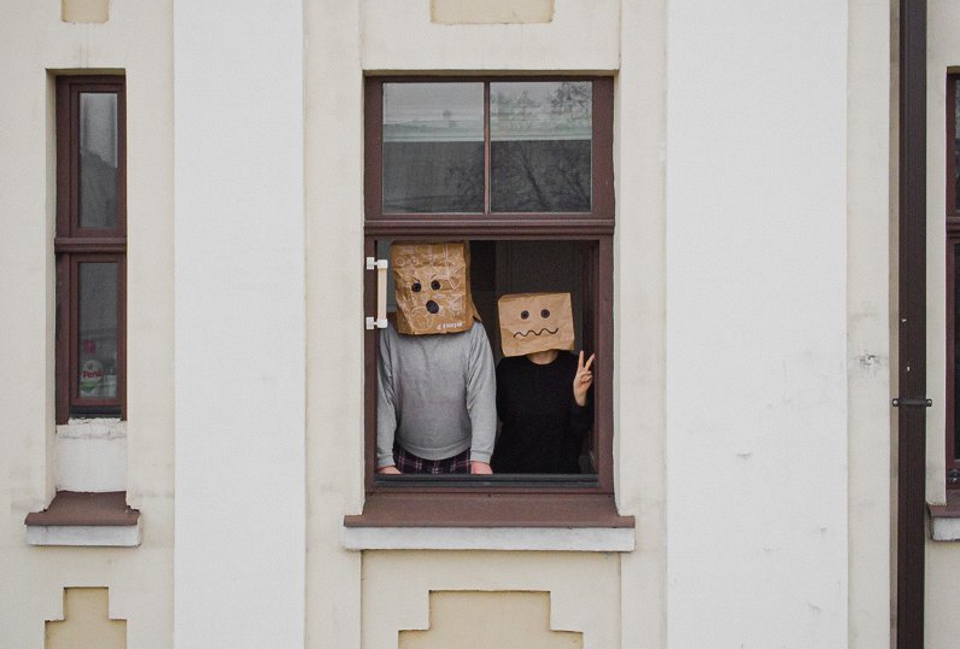On the basis of the scientific findings currently available and the experience of other countries, a common arrangement will be in place in future for ending self-isolation. Previously, there were stricter rules regarding people with higher-risk jobs, such as medical workers, educators and social services workers.
As of Monday, November 16, it is stipulated that the treating physician takes a decision on ending the isolation and closing a sick leave for a COVID-19 patient, based on the following principles:
- if no symptoms of the disease have been observed in a person who has been confirmed to be COVID-19 positive, the isolation may be discontinued on the 10th day following the laboratory confirmation of the infection.
- if COVID-19 infection occurs with symptoms, isolation may be discontinued on day 14 from the onset of the disease provided that symptoms (fever, cough and other signs of acute infection) are not observed for at least three days.
"In COVID-19, the person is usually infectious two days before the onset of symptoms. There are no symptoms yet, but the virus has already grown so large that someone can infect others without knowing about their illness. COVID-19 is also highly infectious in the first week after the illness. Then the amount of virus decreases, as the immunological response of the body develops and the symptoms of infection are reduced, the person is non-infectious within two weeks.
There is no need for repeated testing according to the existing algorithm, as the virus may persist in the human body for up to a month and longer after the illness, but it is no longer able to multiply and cause disease in other people.
Despite the fact that the laboratory test can show a positive result, the virus is no longer active after a certain period of time and therefore the human is no longer considered infectious and can stop isolation,” explained Jurijs Perevoščikovs, director of the SPKC's Department for Risk Analysis and Prevention of Infectious Diseases.





























